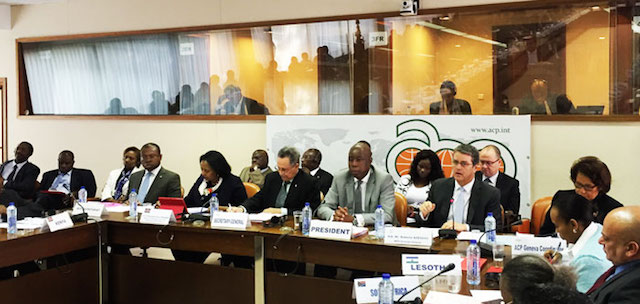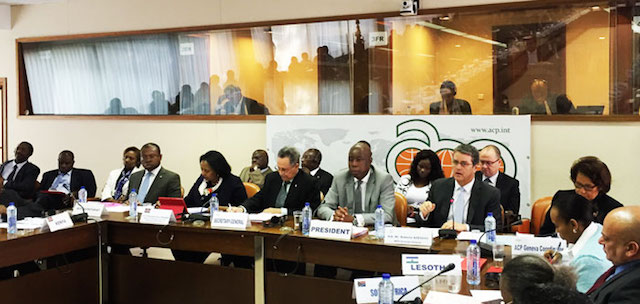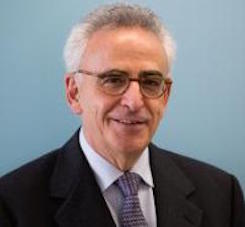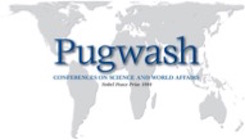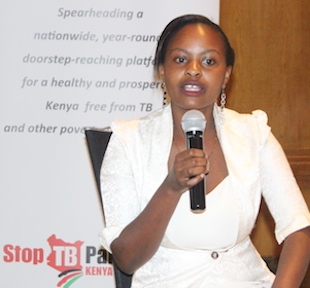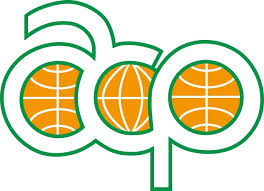By Robert Kibet | IDN-InDepthNews Feature
NAIROBI (IDN) – Catherine Nduta, 26, was diagnosed with Multi Drug Resistant Tuberculosis (MDR-TB) in 2012, when she was a third year student at one of Kenya’s universities, where she was undertaking a civil engineering course.
“I was almost 6-month pregnant hence couldn’t start MDR-TB treatment. I was to either terminate the pregnancy for me to start medication or continue with normal TB medication until I give birth,” Nduta told a forum organized by StopTB Partnership Kenya, that attracted Kenya’s Members of Parliament (MPs).
“I finally underwent induction and my baby was removed prematurely for me to start medication. 12 months of injections and 24 months of taking 18 pills a day: life was hard,” says she, now mother of one son. Nduta is not a lone sufferer of MDR-TB. Nairobi and Mombasa, Kenya’s two biggest cities, host the highest number of normal tuberculosis cases due to poor urban settlements and high population.

